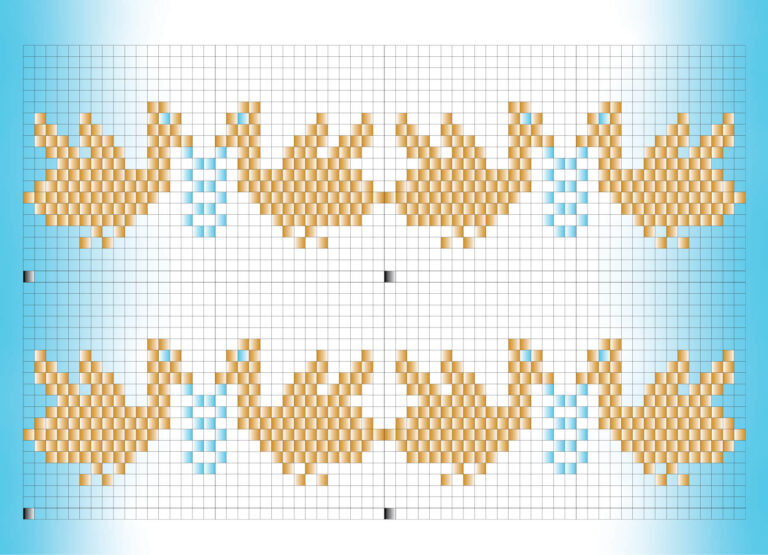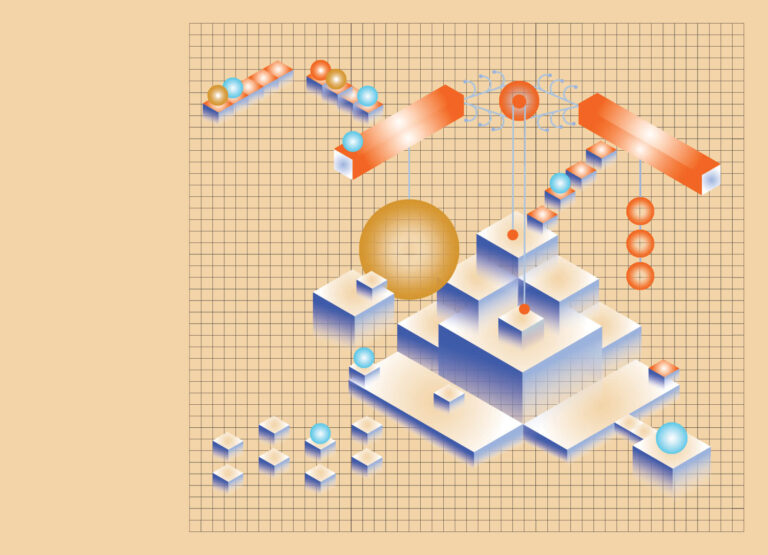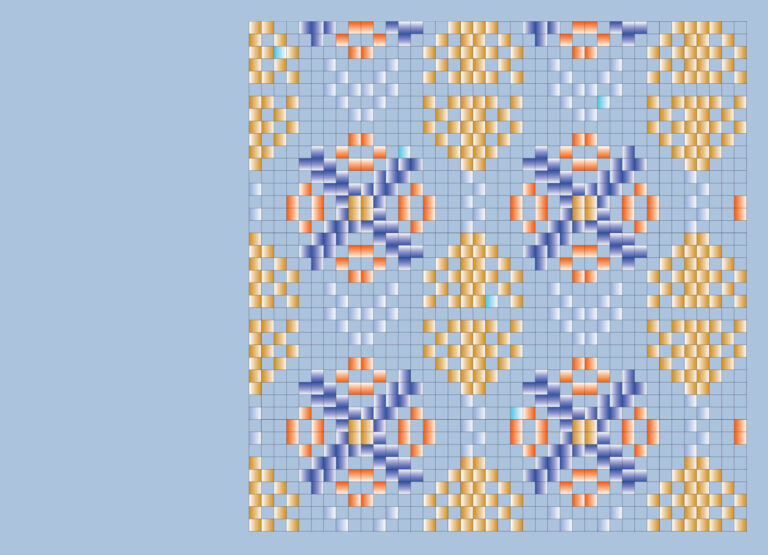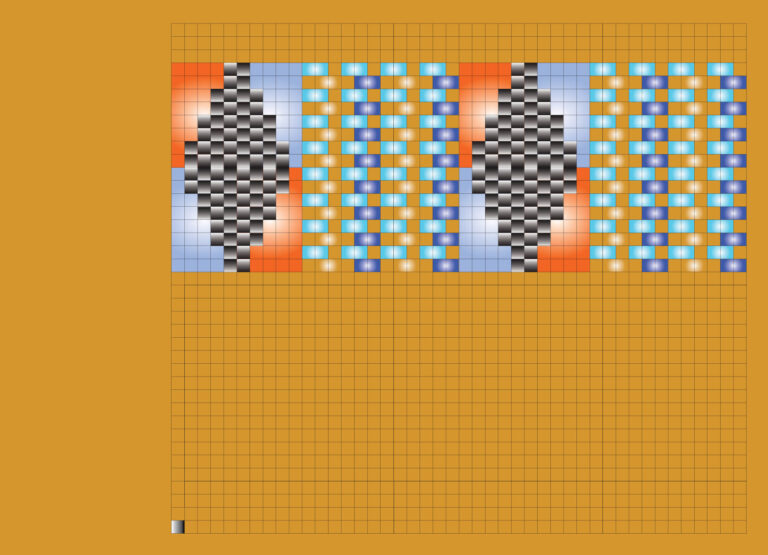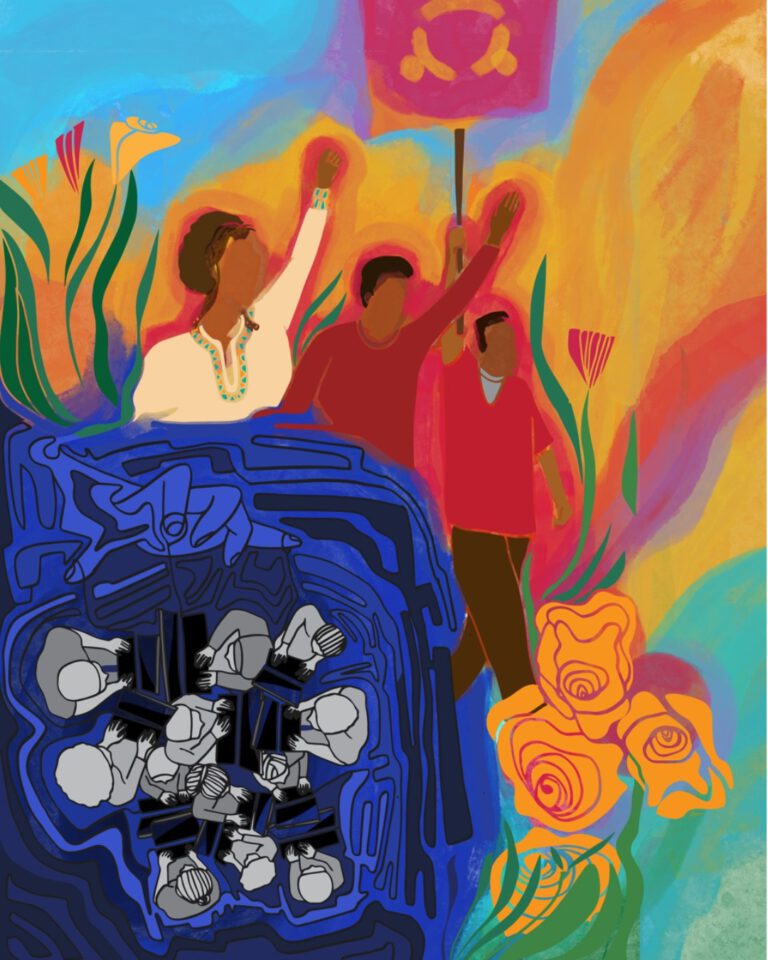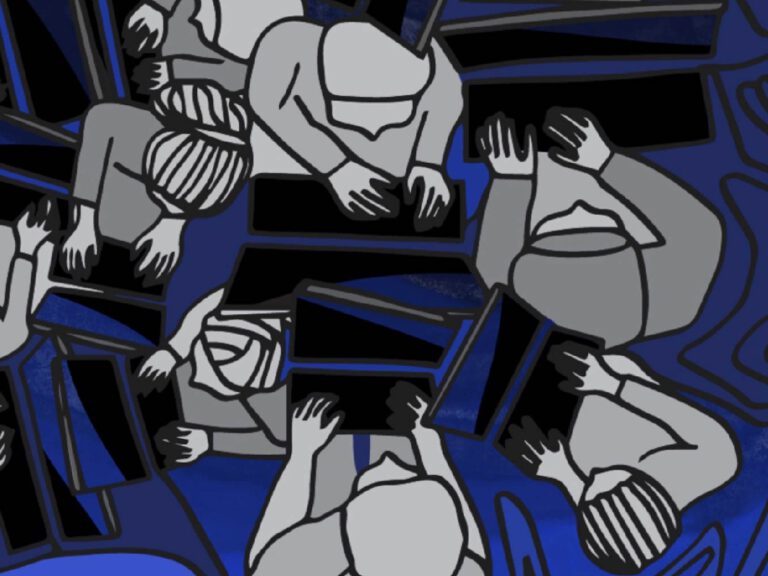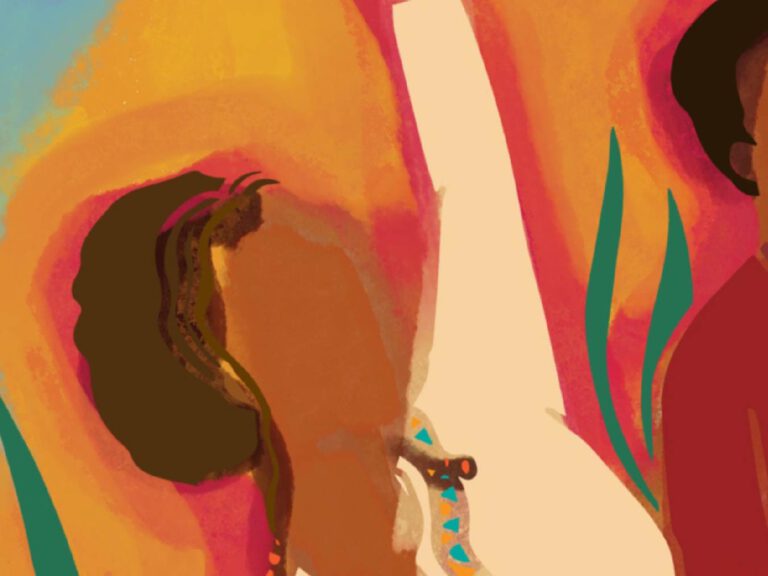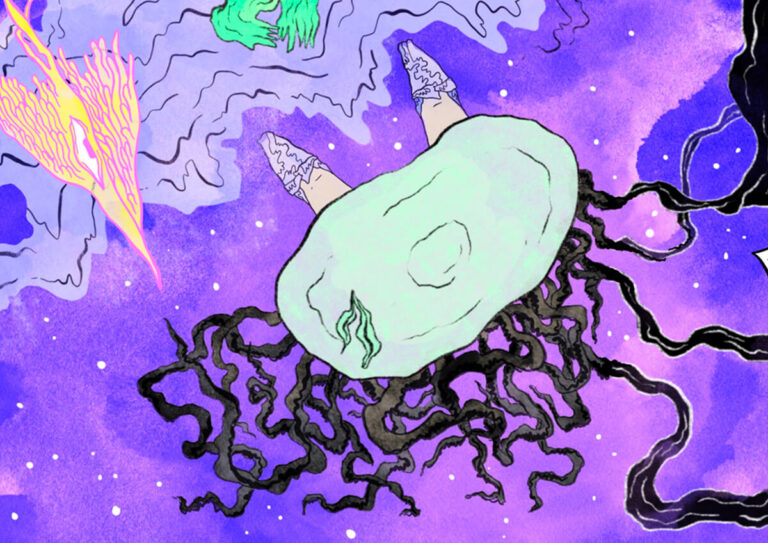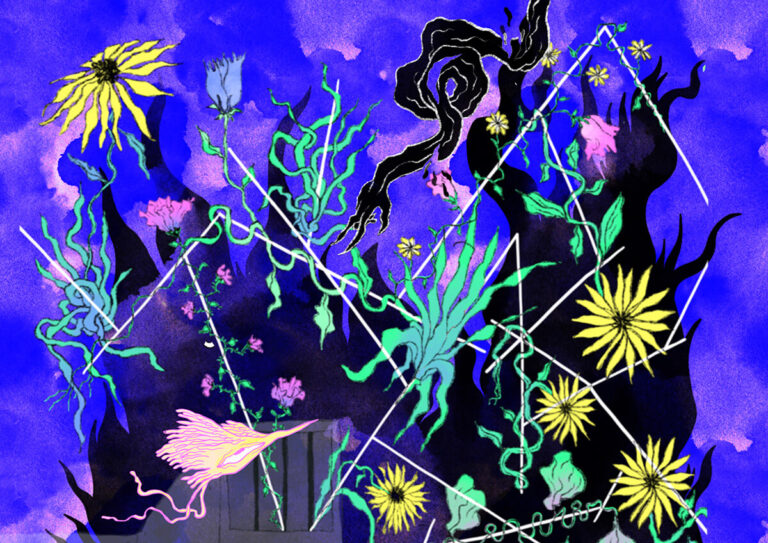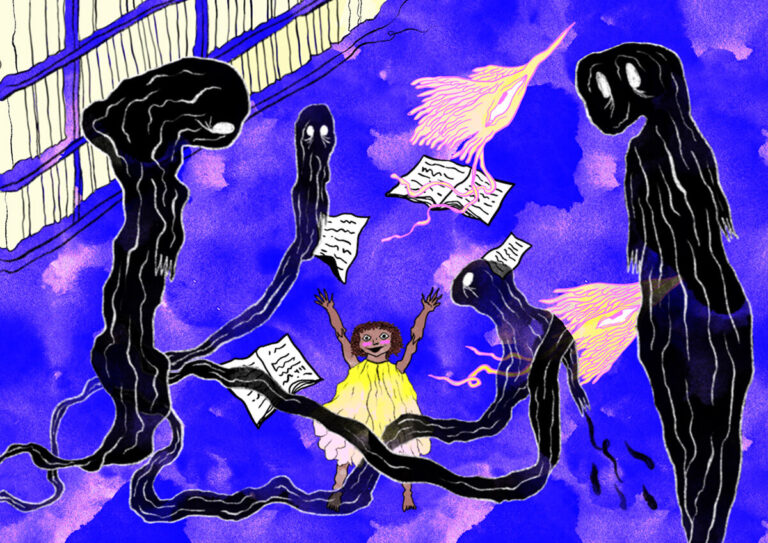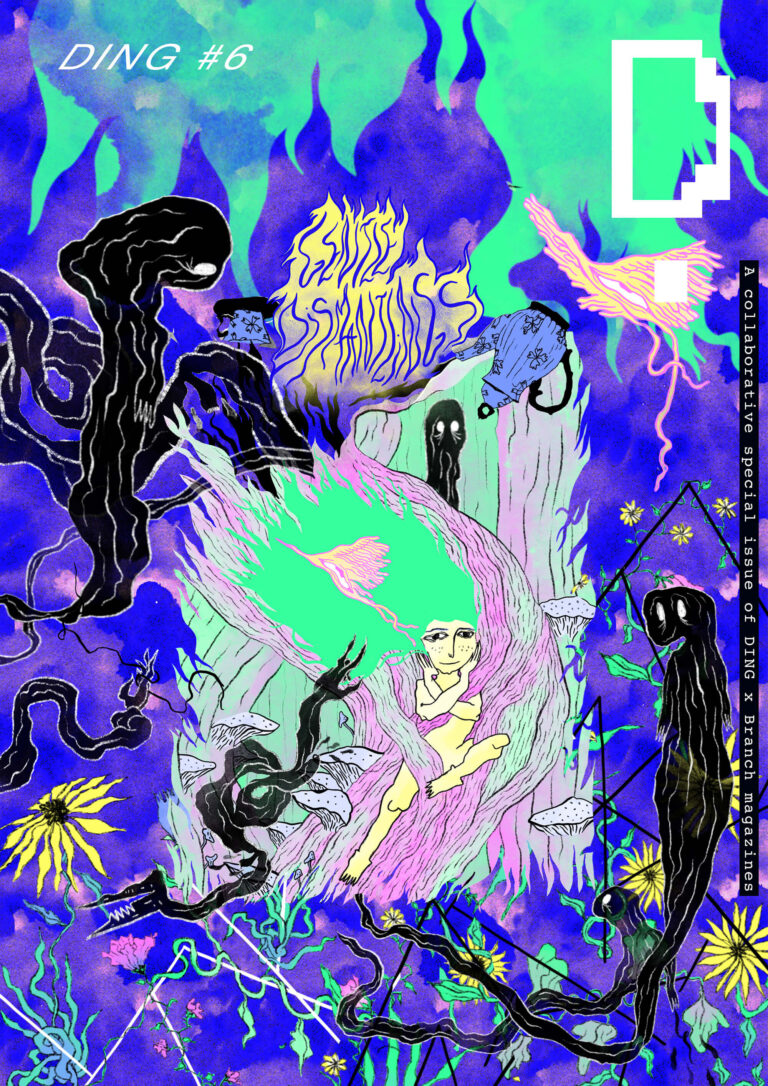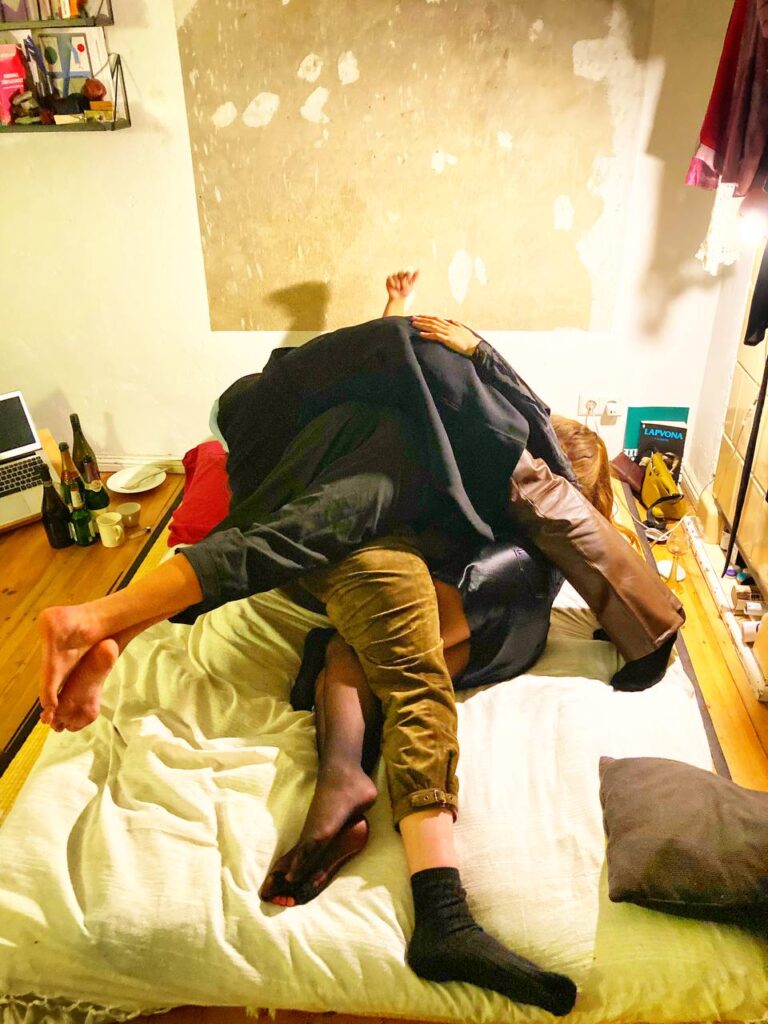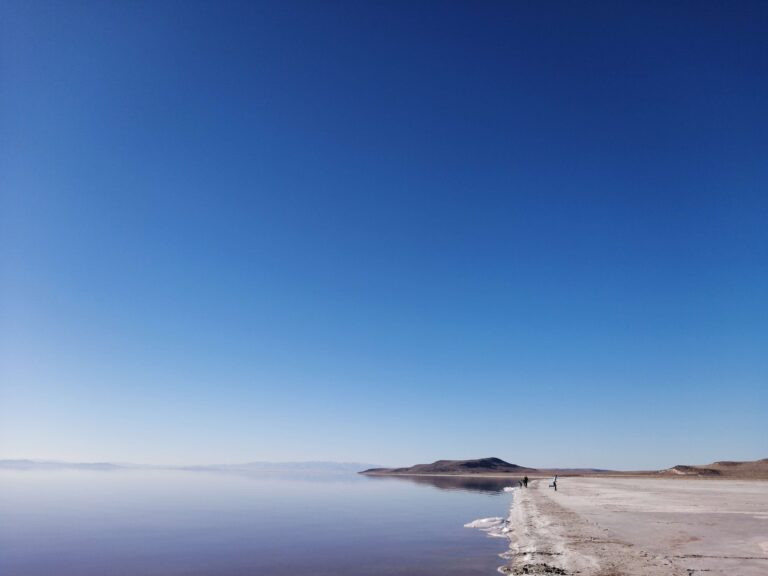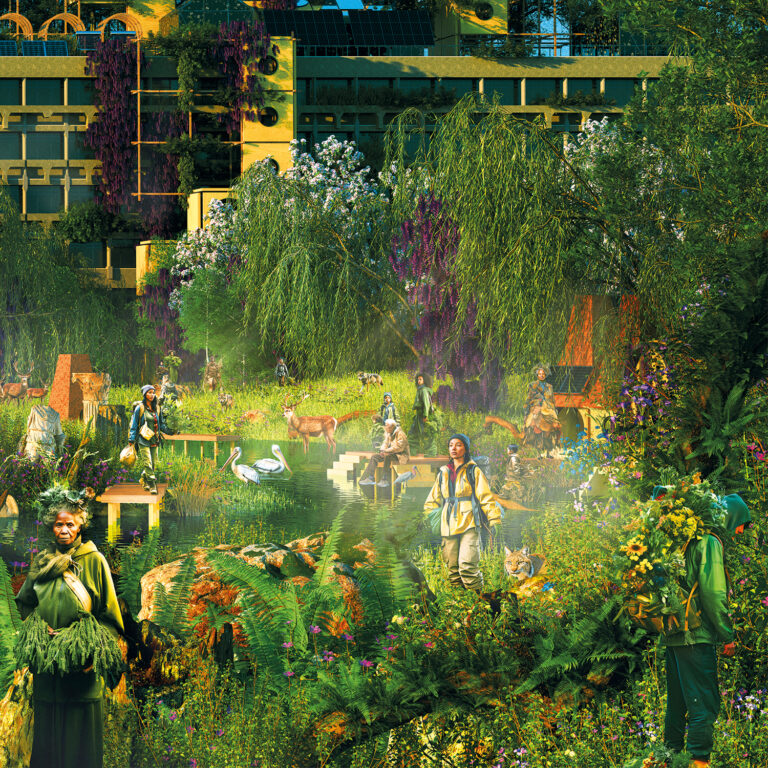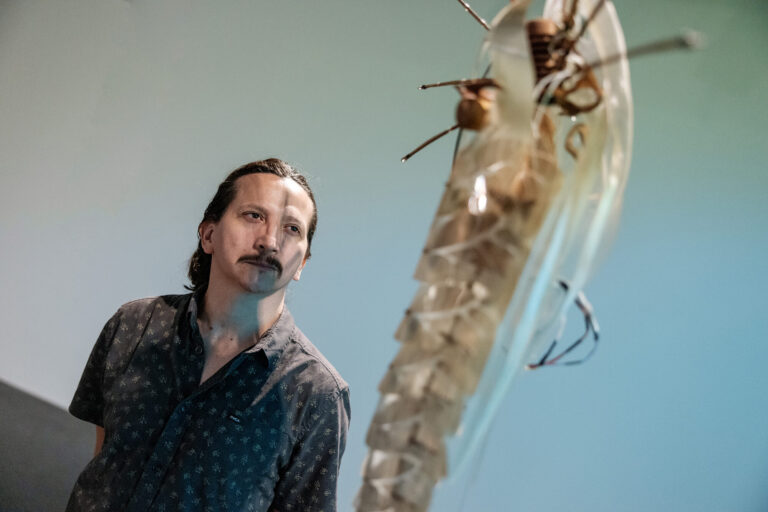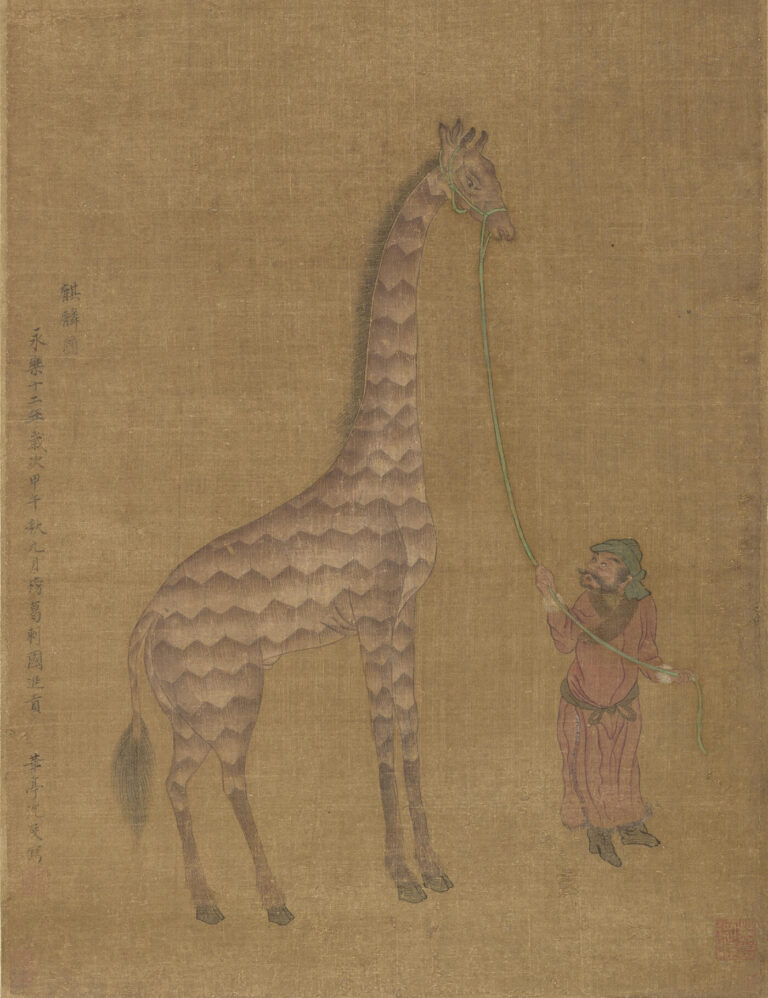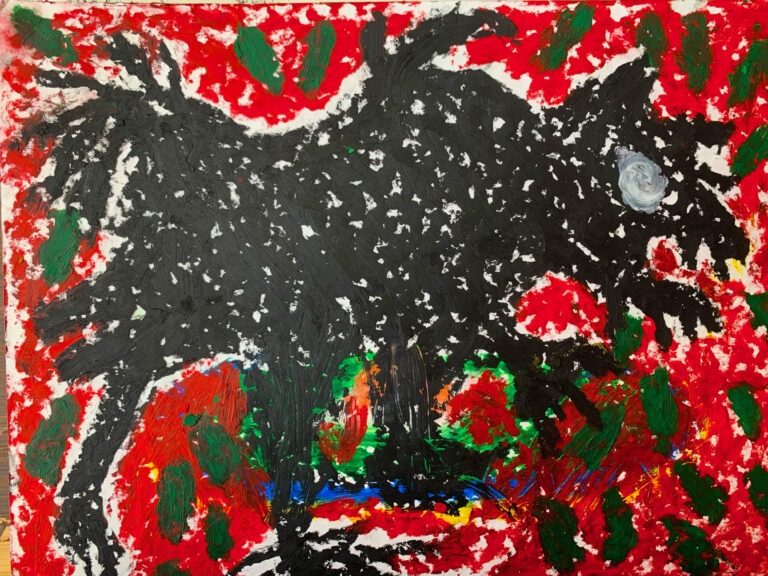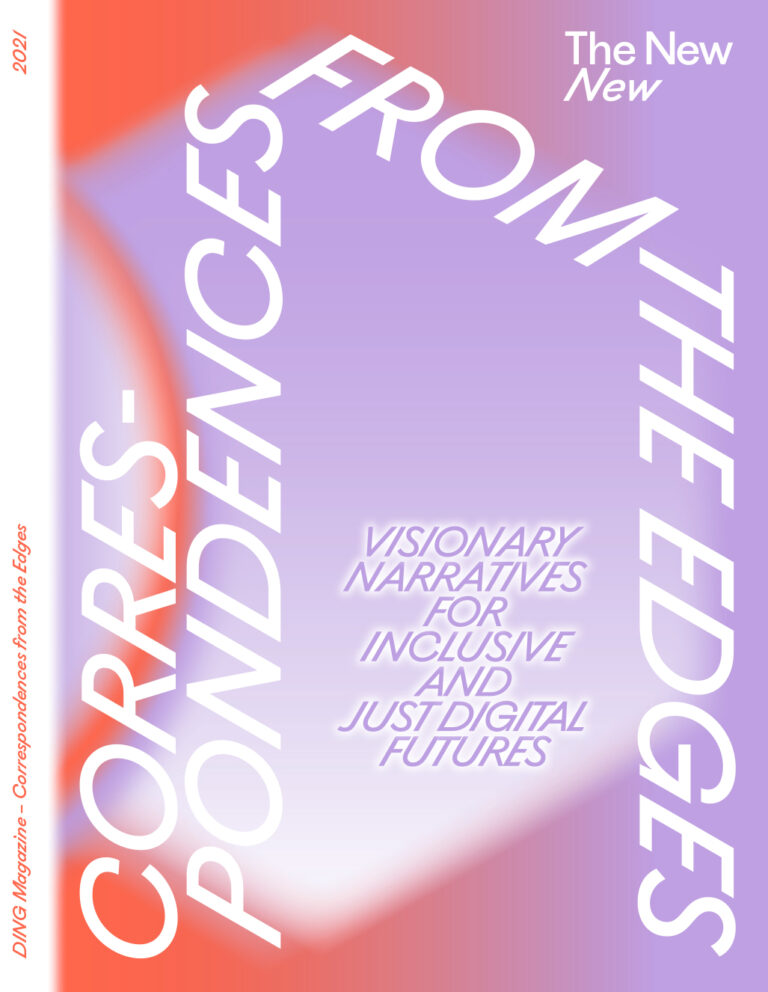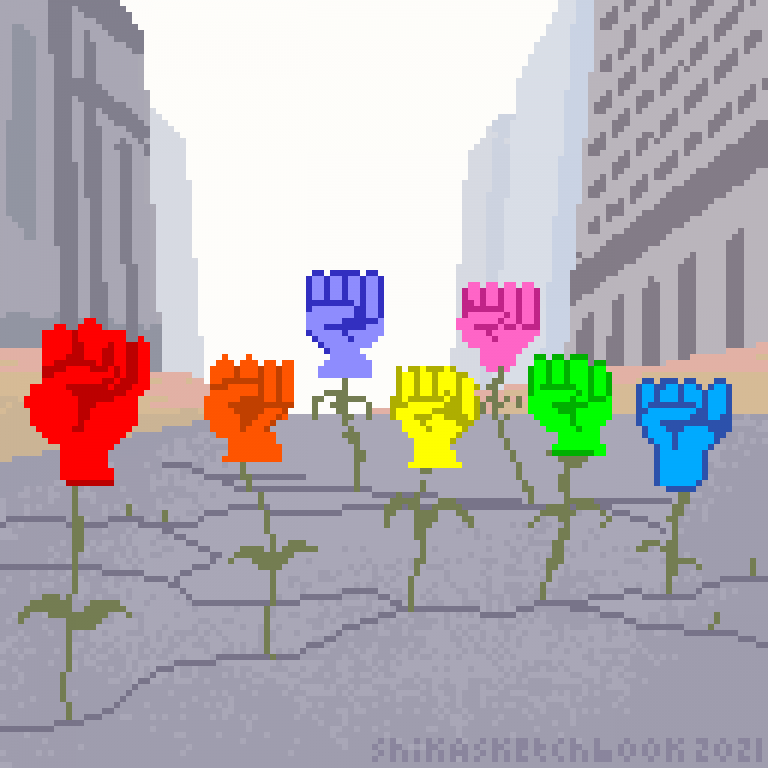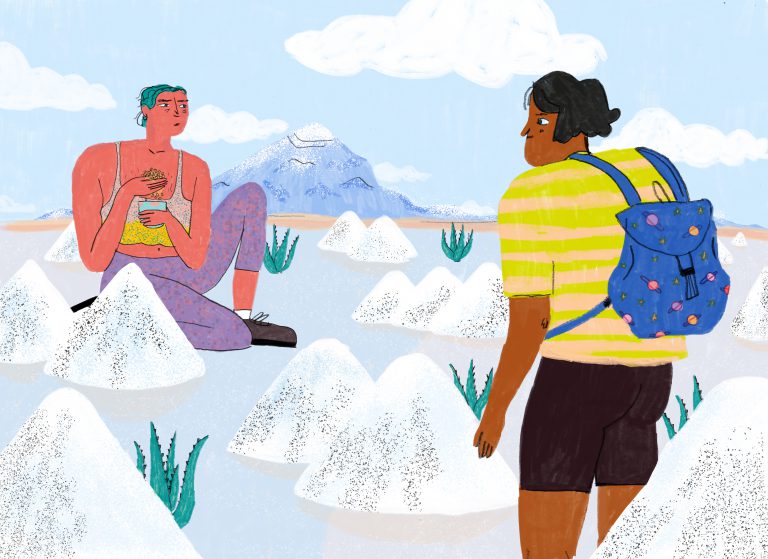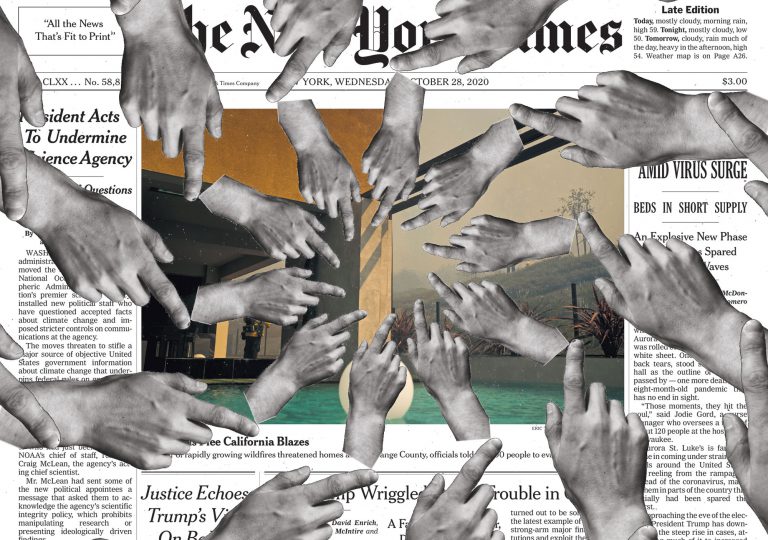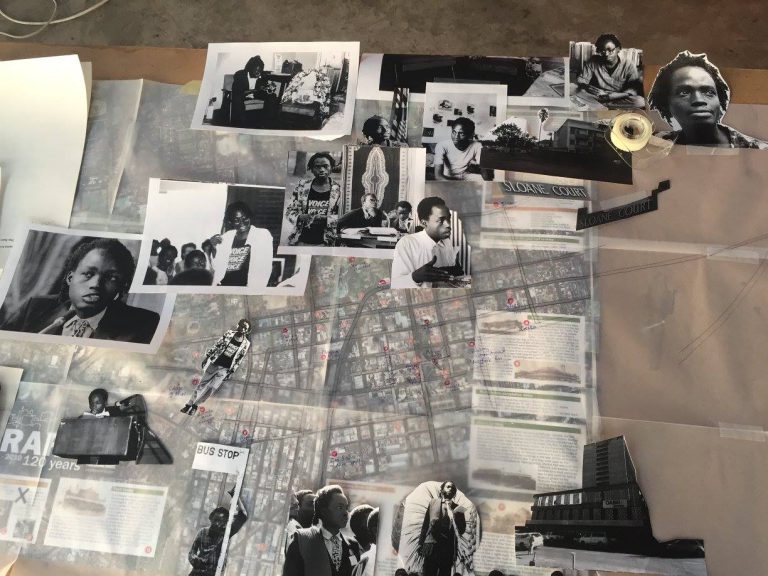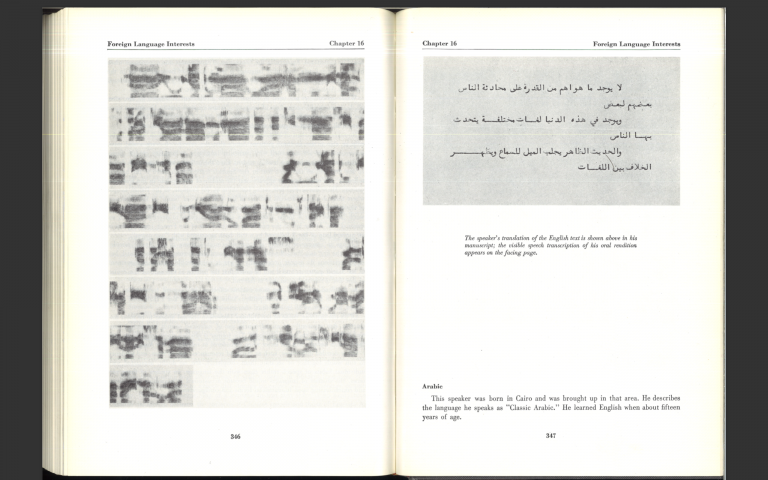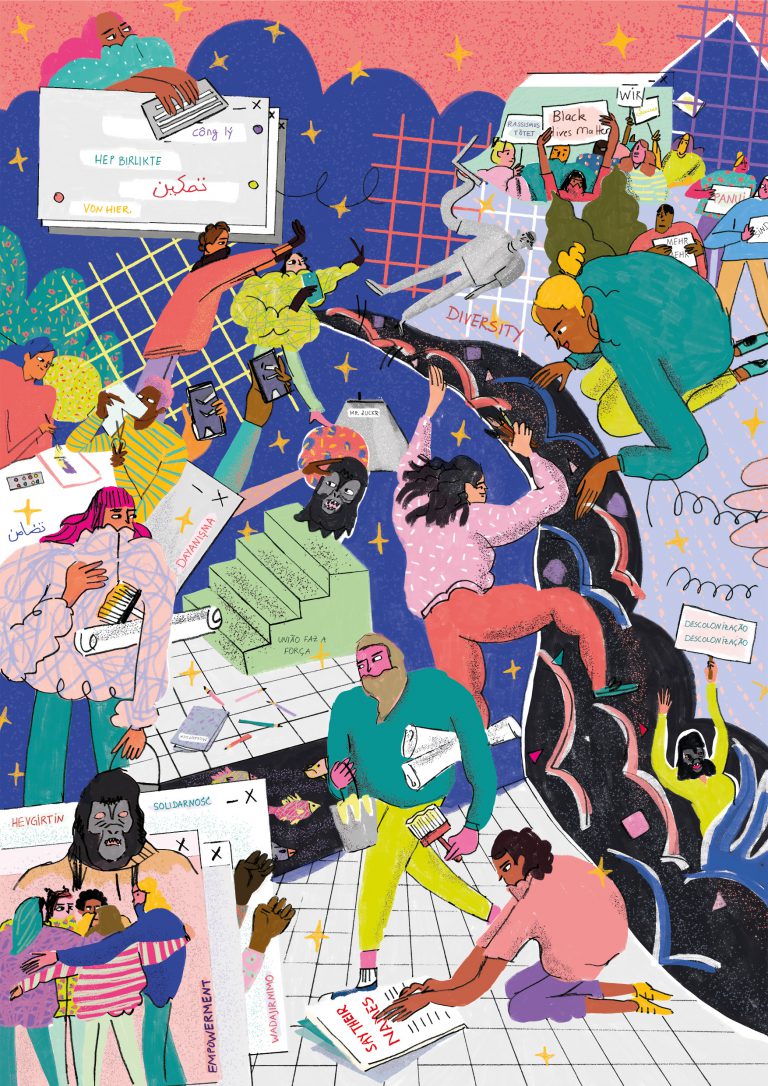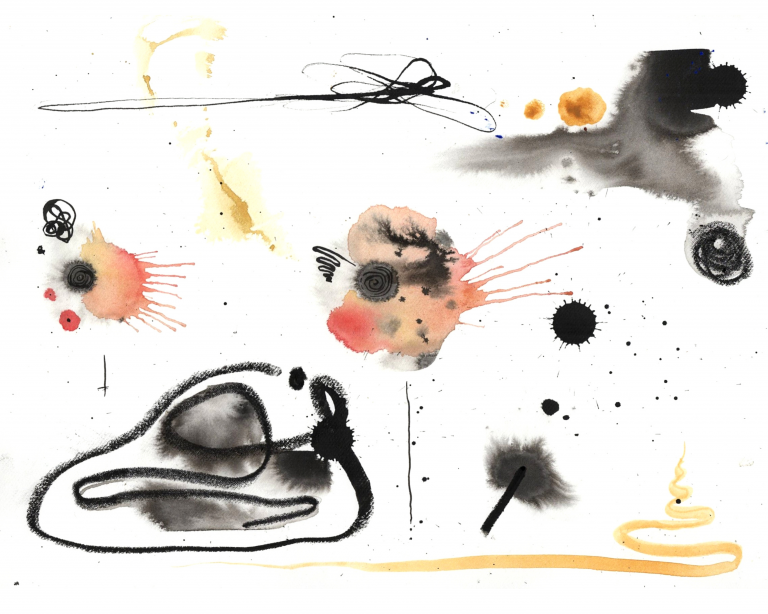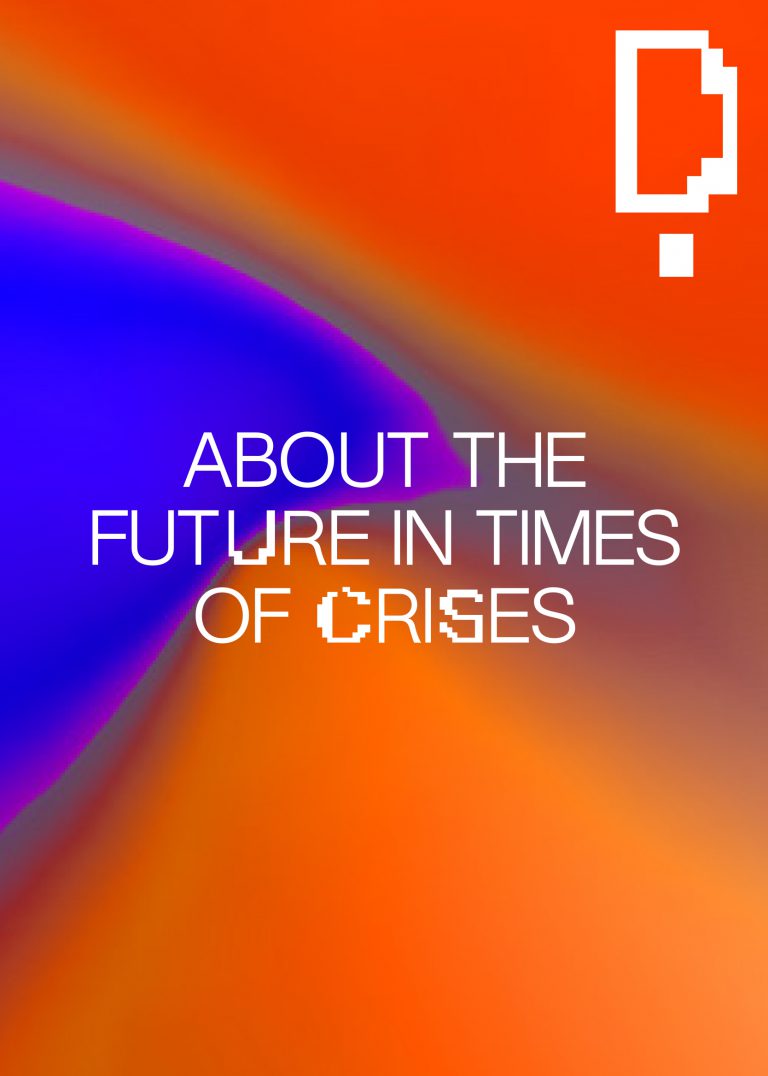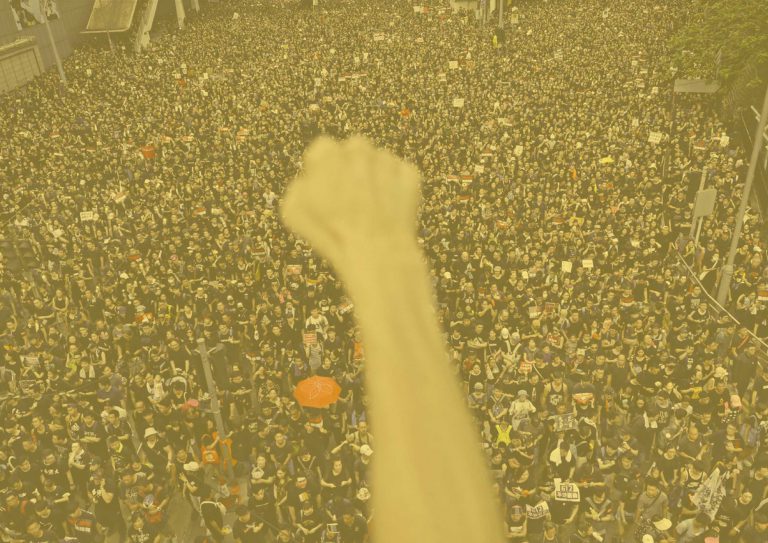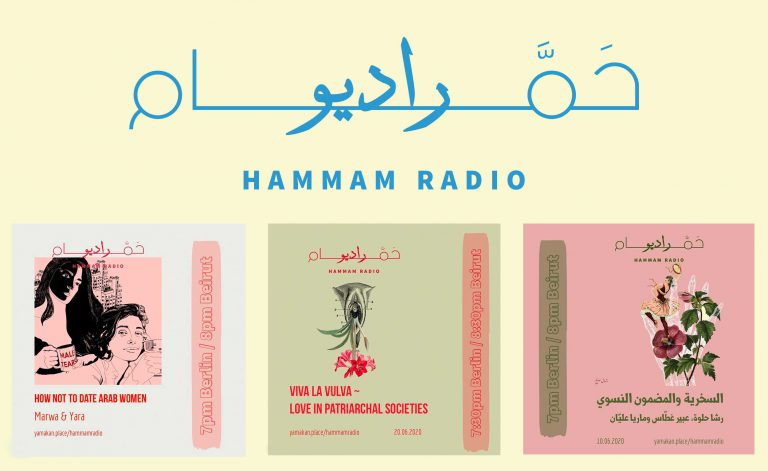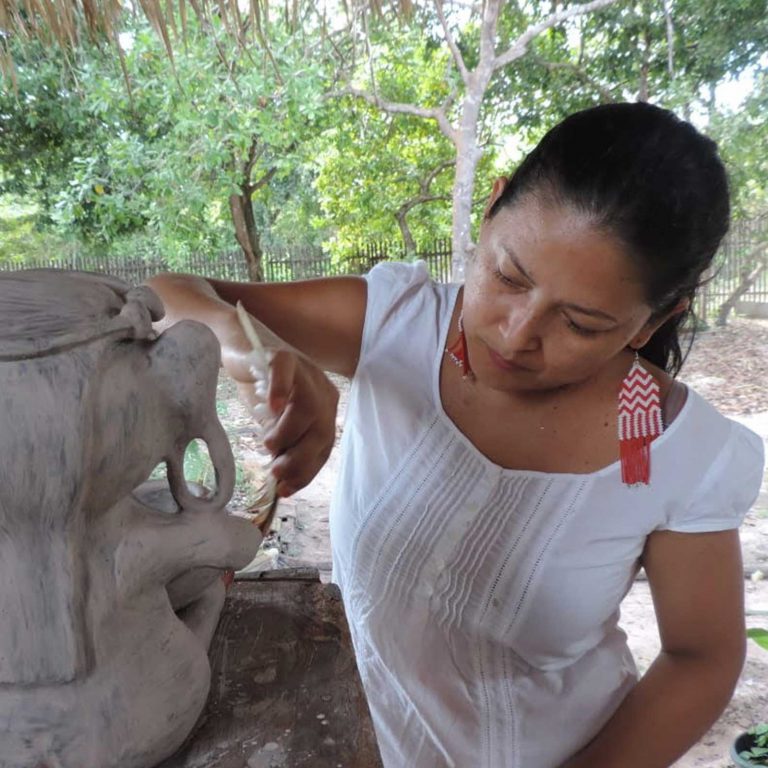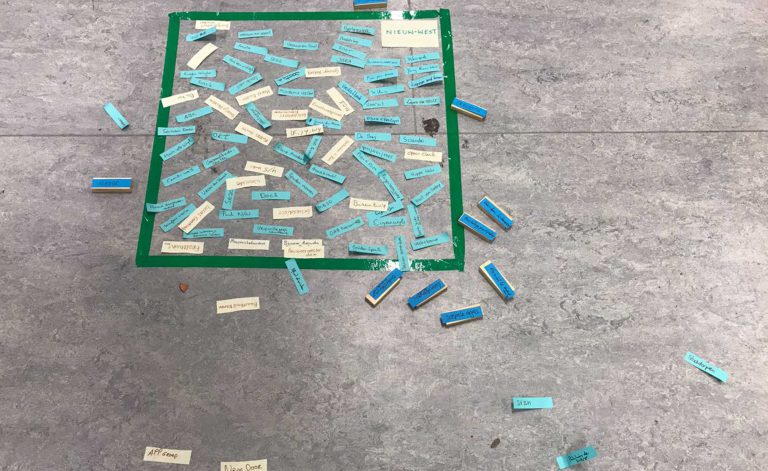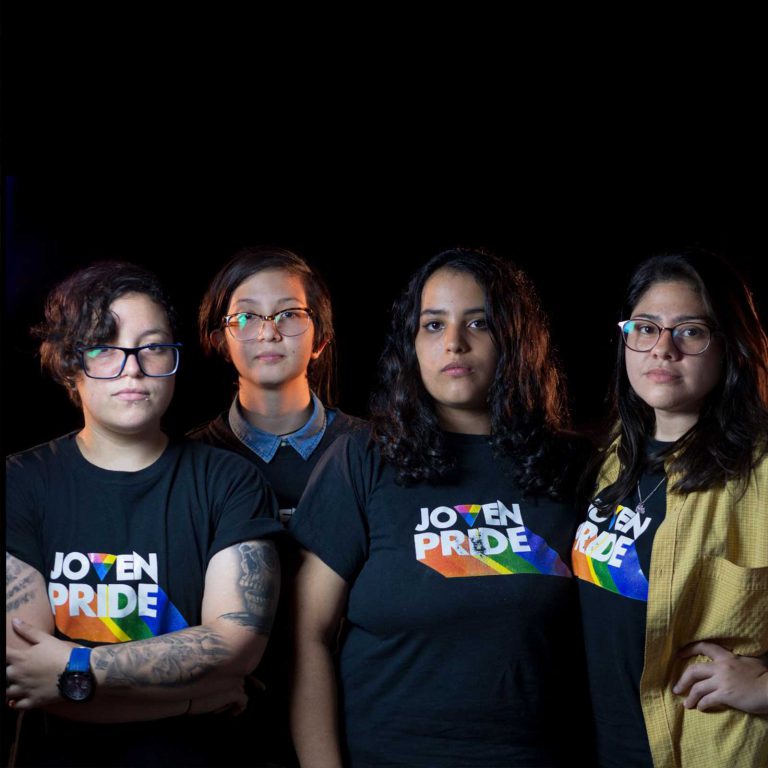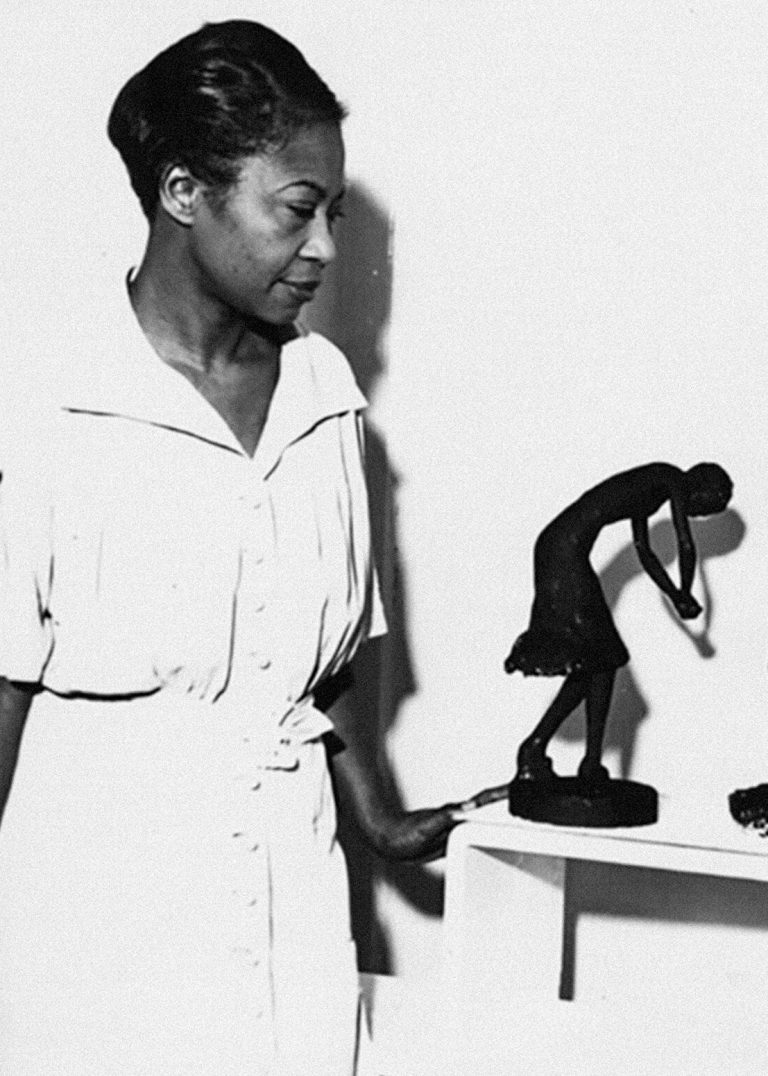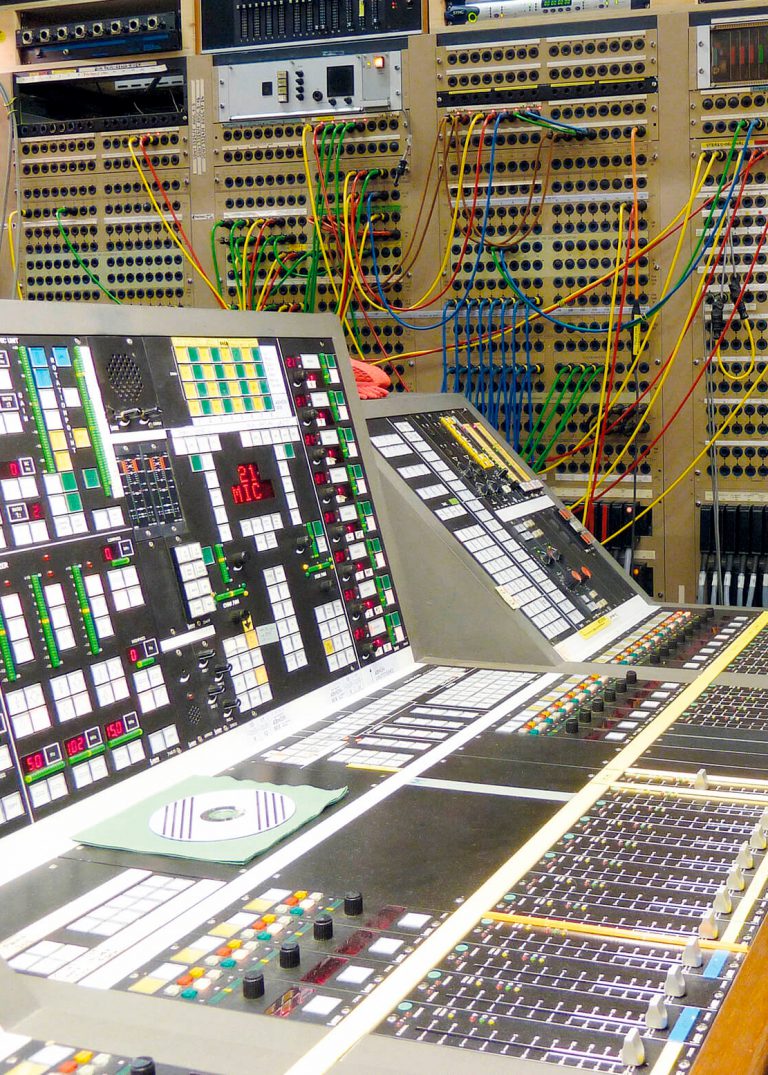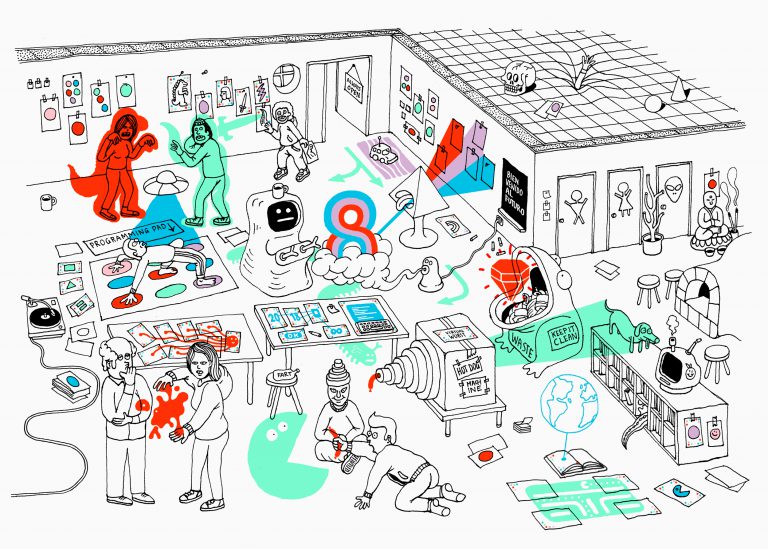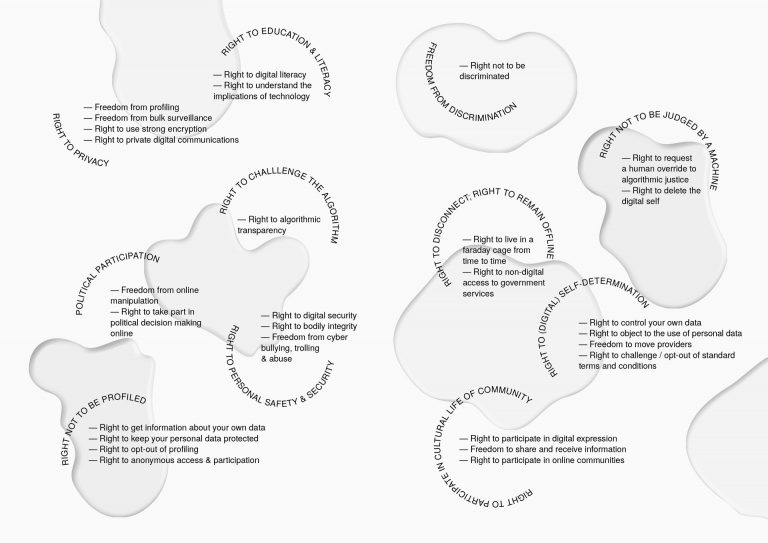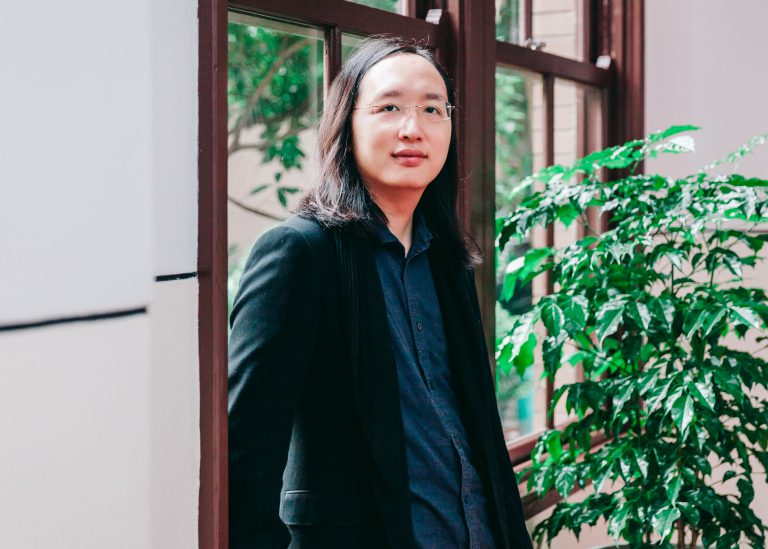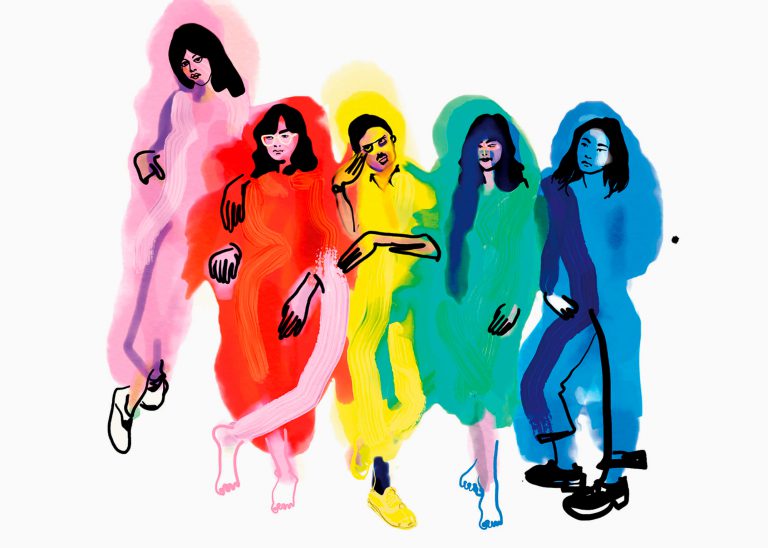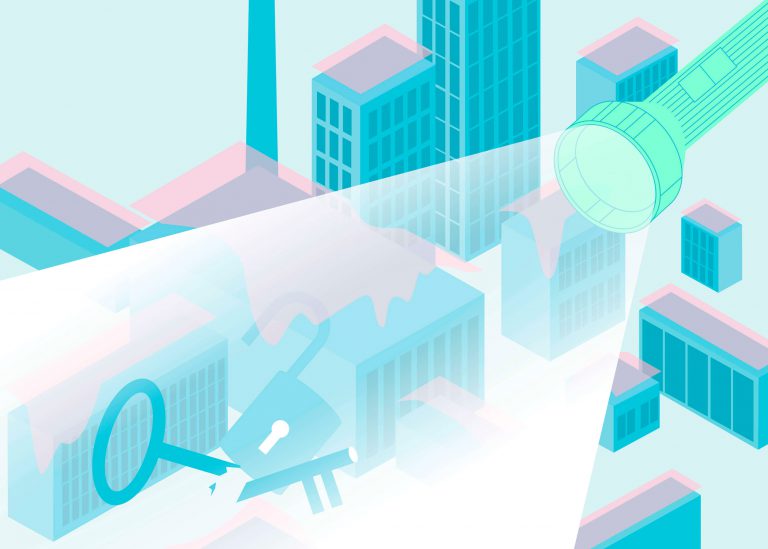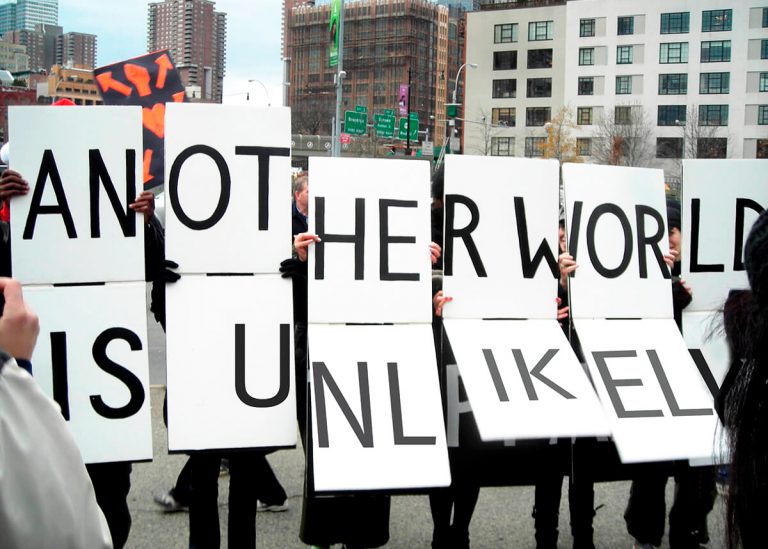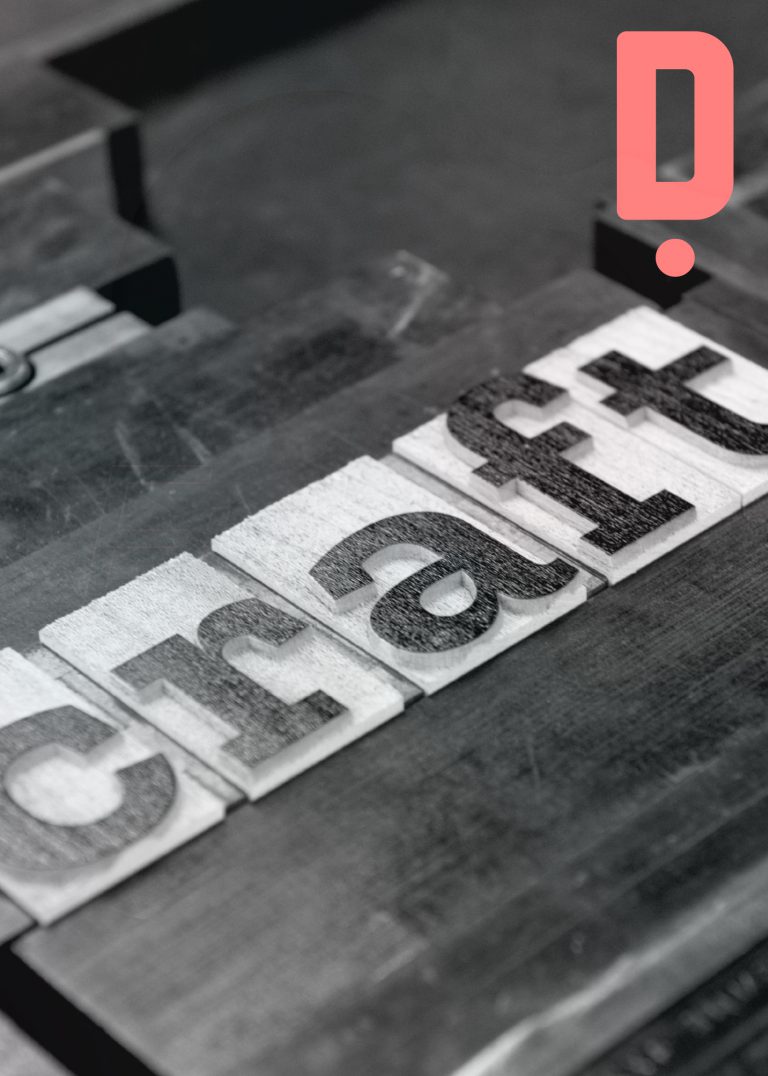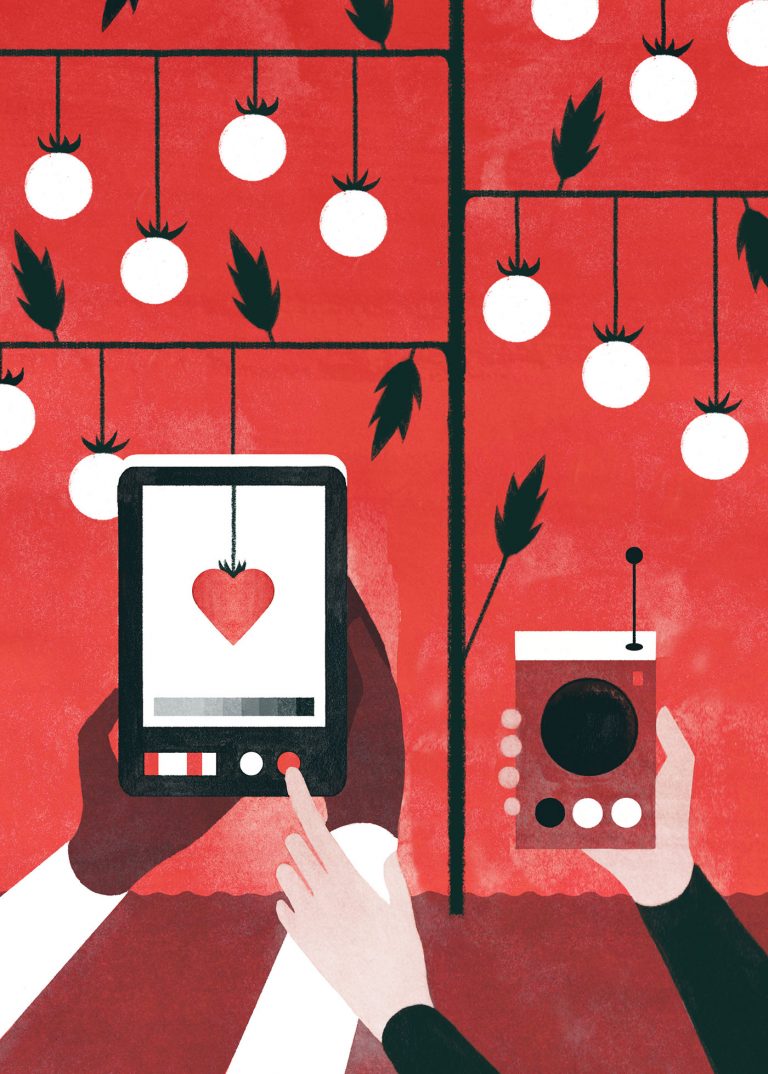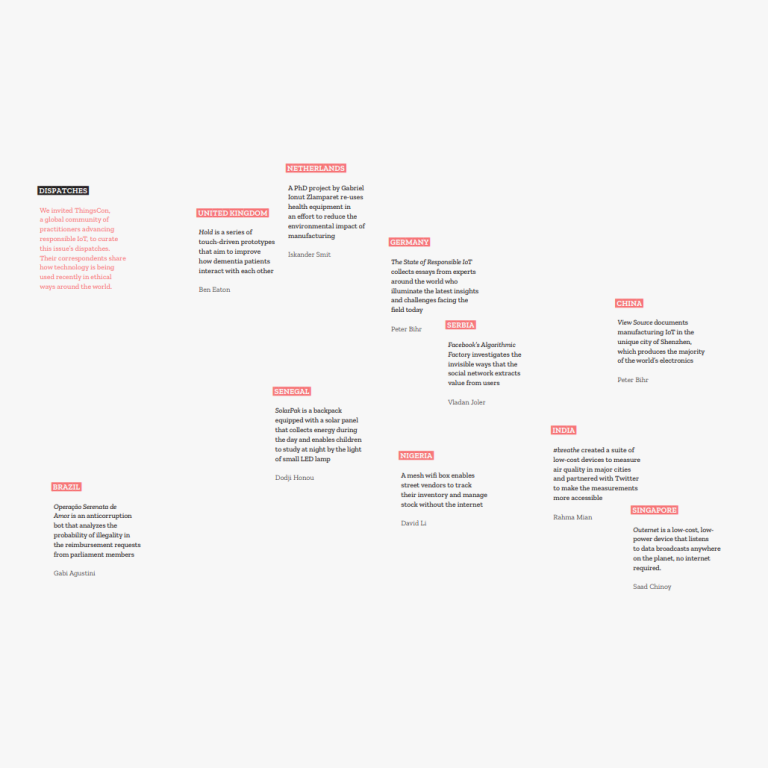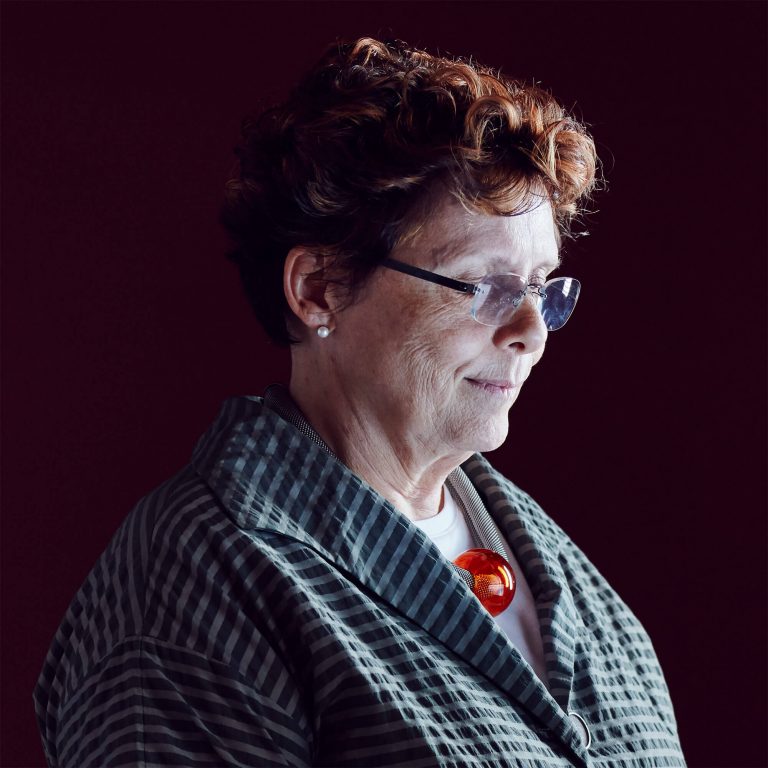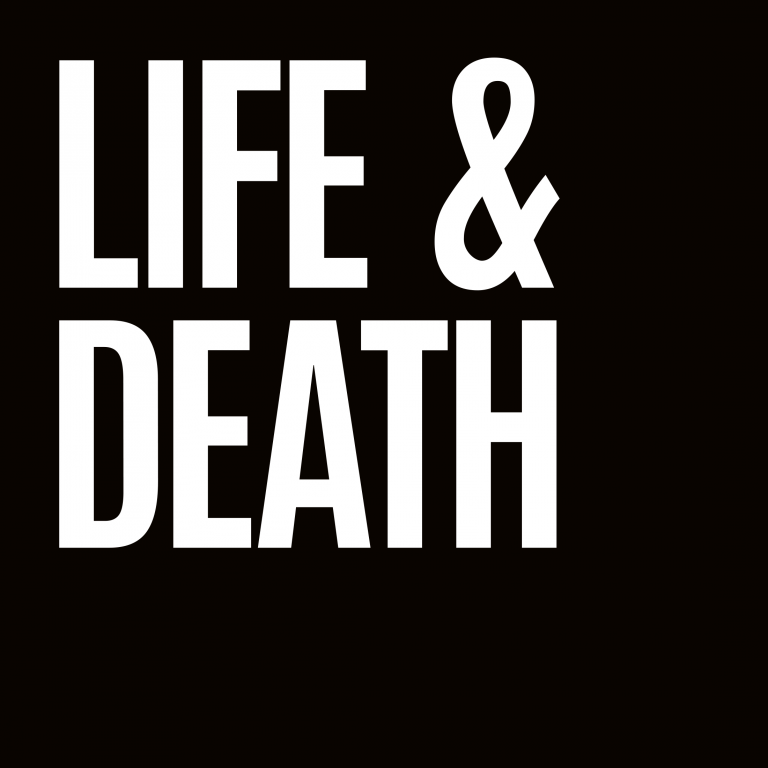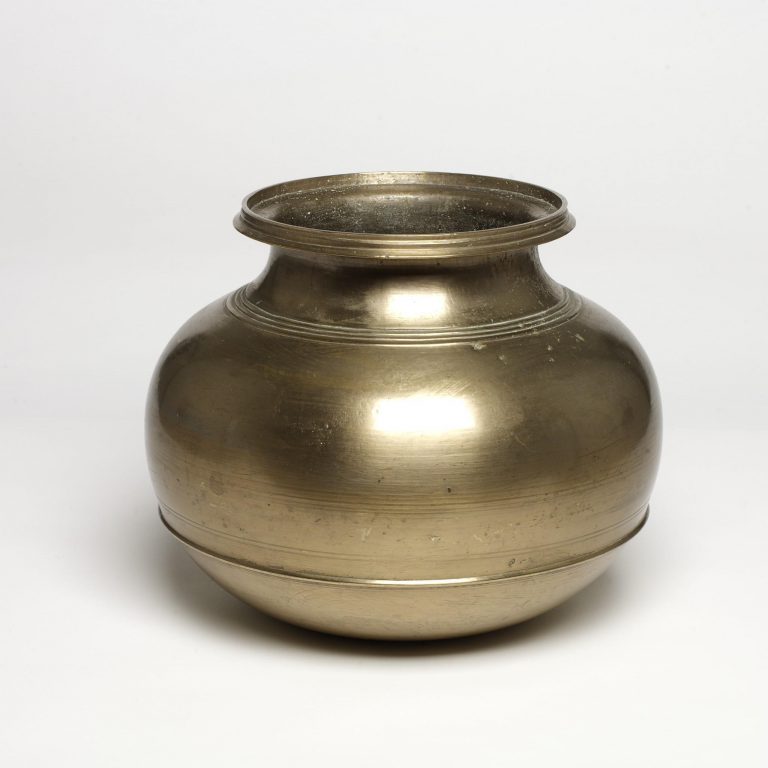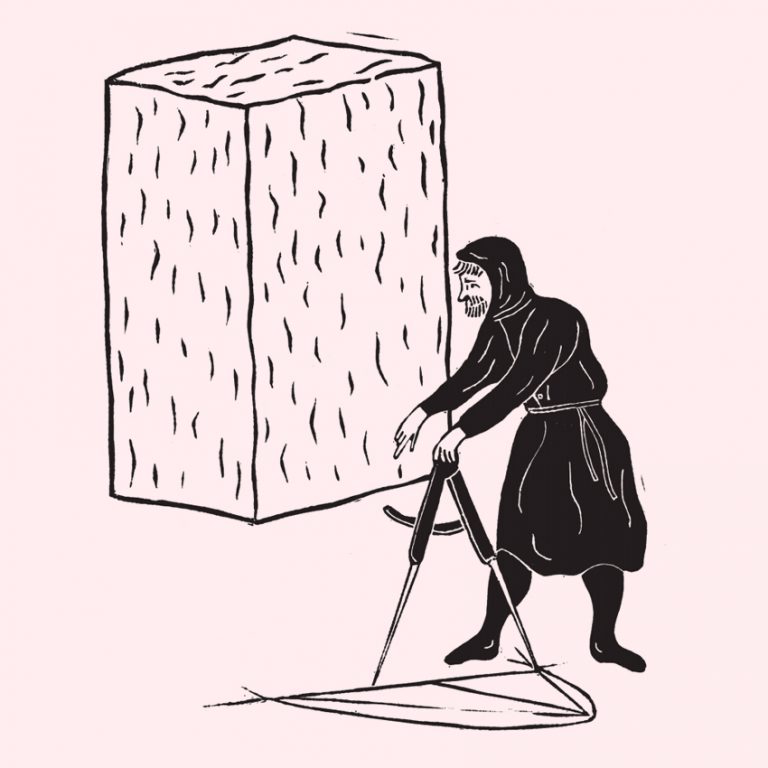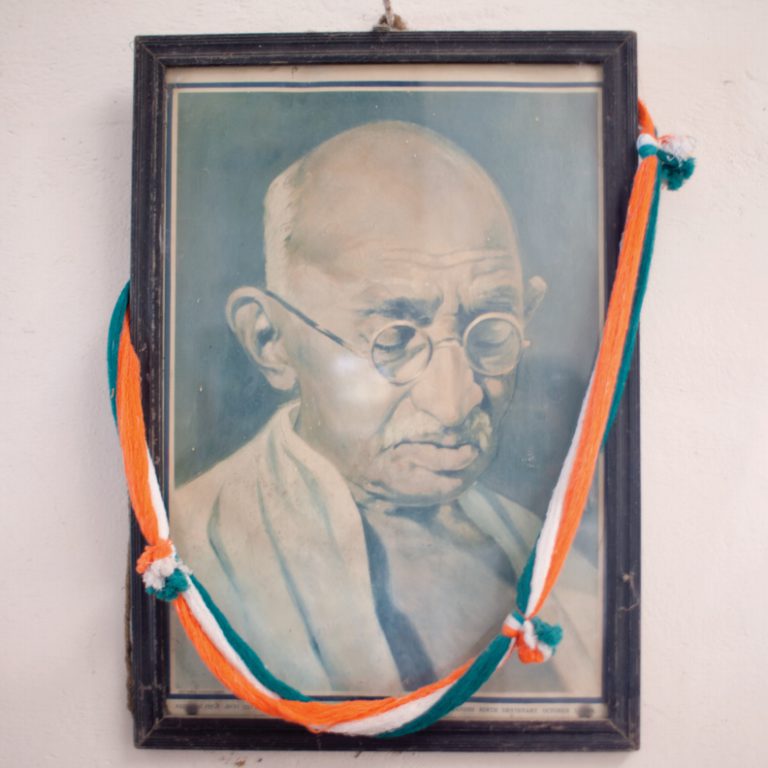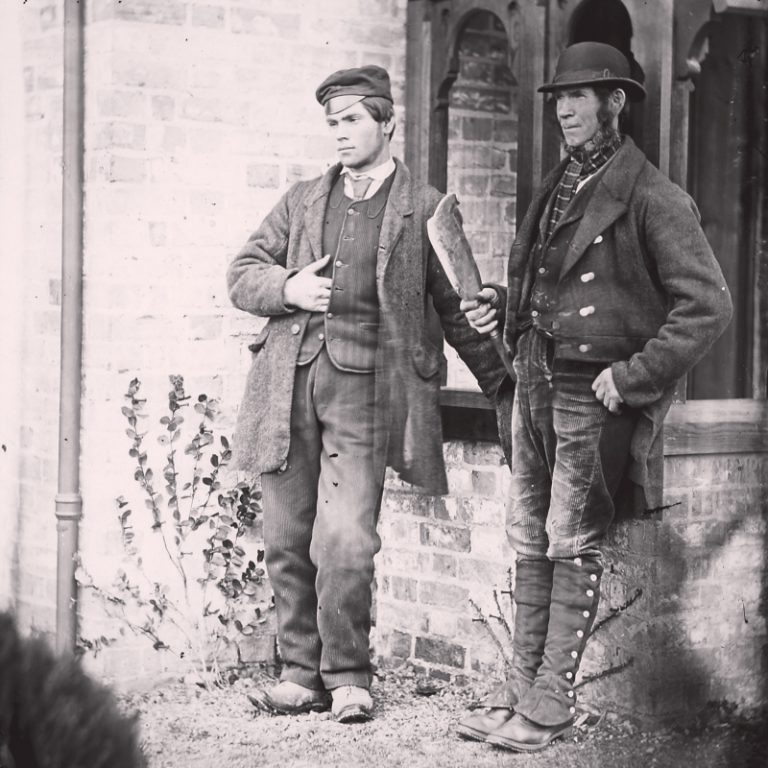1. Let’s start simply with you telling us briefly about yourselves. Where are you from, what’s your background and what motivated you to join the fight for better working conditions?
Sonia: My name is Sonia, I am South African, and left my country in 2021 to work in Kenya as a Facebook content moderator. I worked there for two years, until I and 200 fellow colleagues were made redundant for unclear reasons. My biggest motivation for joining the fight for better working conditions was to fight workplace exploitation, low wages, hazardous working conditions and long hours and overtime without compensation.
Koffi: My name is Iranyibutse Koffi and I am from Burundi. After I dropped out of university, I worked at different companies as a cashier, receptionist and data annotator. I have done leadership training and am passionate about videography and photography. I love travelling, reading and learning new skills. I was motivated to join the fight by the mistreatment and lack of support for content moderators at Samasource. I am driven by the hope that this way I will be able to change society for the better.
—
2. What are your aspirations for the future of content moderation and social media?
Sonia: My biggest aspiration is to see content moderators coming together to unionise and succeed in making employers prioritise their mental well-being.
Koffi: Make content moderation a legally recognised job so that everyone who is qualified can make a living, work in decent conditions and, with enough support, to help social media become safe.
—
3. What do you believe is the most crucial factor in making this future a reality?
Sonia: The first step is to unionise – come together to form a union and have moderators speak with one voice.
Koffi: Openness. Content moderators should not feel their lives are in danger. Instead, they should be proud. Mutual understanding. Managers should know about the kind of work being done and the dangers it exposes content moderators to so they know how to handle any issues that arise. Mutual understanding between moderators and content creators. Owners of the online platforms should also help their users understand their platform’s rules before their content get flagged. Maybe this could be done via a forum to improve understanding and use of the platform.
—
4. What gives you hope that this future will materialise?
Sonia: We content moderators are tired of keeping quiet. We are done with not speaking about how we feel. We are tired of dying inside by ourselves. We are tired of the exploitation, and we desperately want change. Our eagerness for change and readiness to work towards it gives me hope that our efforts will not be in vain. We will surely have change because we want it and we are working towards it.
Koffi: If we can manage to put our hands together towards one goal, with one agenda, I believe we can achieve it. Once we agree we need to help each other, the same way we were doing as content moderators, I am sure we can reach it.
—
5. What has been your most significant learning experience in the process of labour organising?
Sonia: I learned the importance of building trust and relationships with workers, and the value of effective communication in mobilising support. I realised that successful labour organising requires a deep understanding of the workers’ concerns and a willingness to adapt and respond to changing circumstances.
Koffi: I would say, knowing my rights as a content moderator after the mistreatment I went through at work. I learned how I should have handled certain situations, and grew in awareness of my rights at work, including how I could approach situations without having to break the law.
—
6. What is your main source of energy in this fight?
Sonia: Pursuing justice for content moderators is my biggest source of energy.
Koffi: The union and togetherness of the team. Also my past background as a content moderator, understanding the suffering I went through and how to help others who are coming next. Having a background in leadership training has also helped me to understand the sacrifices necessary when leading to help the future generation.
—
7. What role does policy play in the fight for better working conditions, and what role should workers have in policy processes?
Sonia: The role of policy is to establish a legal framework that protects workers’ rights, set minimum standards for working conditions, and enforce the consequences of non-compliance. Policy can also regulate working hours, wages, health and safety, and other aspects of employment to ensure fair treatment and safe working environments. It can also help empower labour inspectors and other authorities to enforce laws and regulations, and hold employers accountable. Workers need to be included, involved and consulted in these policy processes. Policy provides the foundation of our demands for a better, safe working environment, and more appropriate support.
Koffi: Some people understand policy and law-making well, while others went through torments and struggles to survive the work. I believe these people should be involved in making policy. Their stories and contributions are key to enabling a better future for the next generation.
—
8. Who are your allies in this fight, and what role do they play?
Sonia: Currently Foxglove and Siasa Place are our main allies. As we continue fighting for justice we are hoping to attract more.
Koffi: The African Content Moderators Union who came together to brainstorm and study what needs to be done. My fellow content moderators since we speak the same language and are on the same page because of what we went through. Other digital workers who also understand the challenges and needs of this work.
—
9. What is something you’re proud of, and what is the next step you’d like to take?
Sonia: I am proud that content moderators are finally starting to speak up that they want to see change in their sector. I am proud to be part of the leadership of this ground-breaking movement, forming the very first content moderators union in Kenya.
Koffi: I am proud of the journey I went through as a content moderator. Inasmuch as it has taken away my sense of humanity, troubled my mental health and destabilised my life, I believe in the power of sharing my own story. I am available to help anyone who needs my support and will contribute to building policies that help, support and protect digital workers for the sake of our community and to make a better future for generations.

